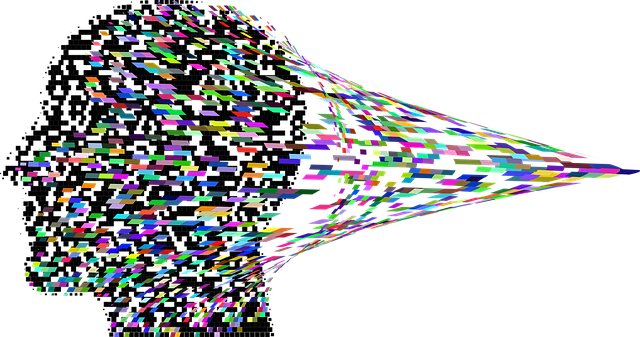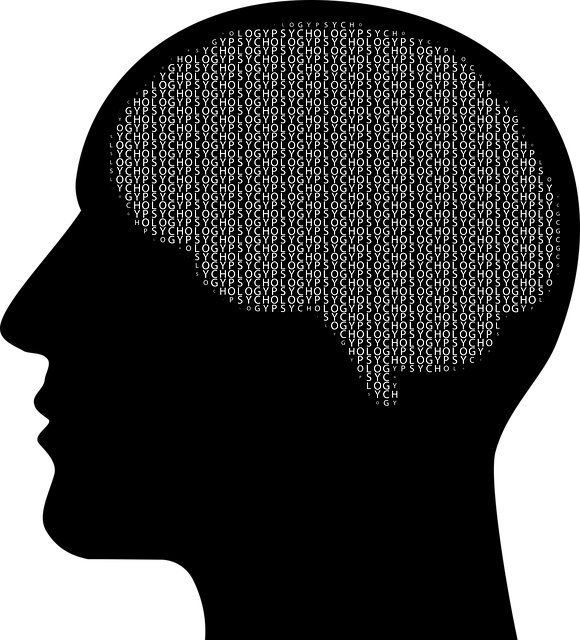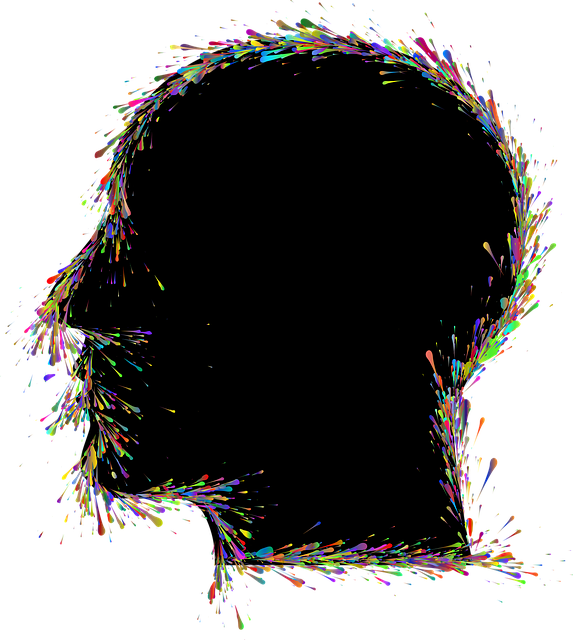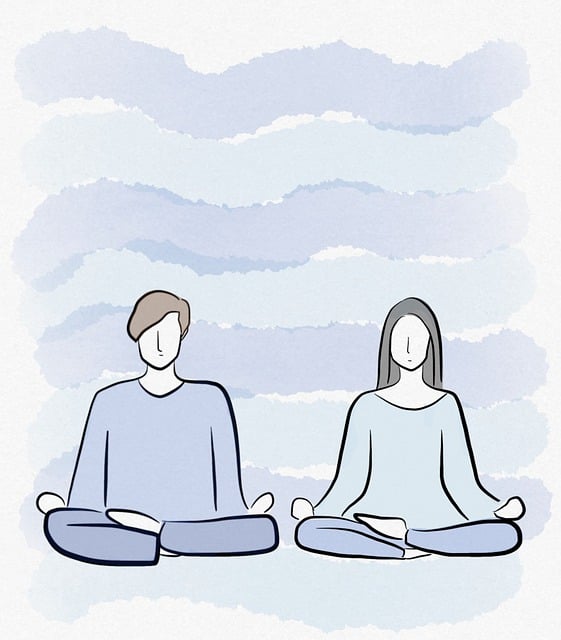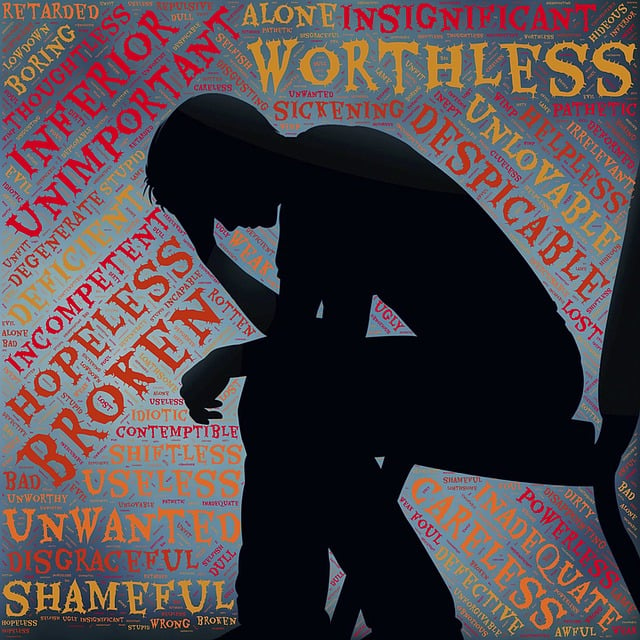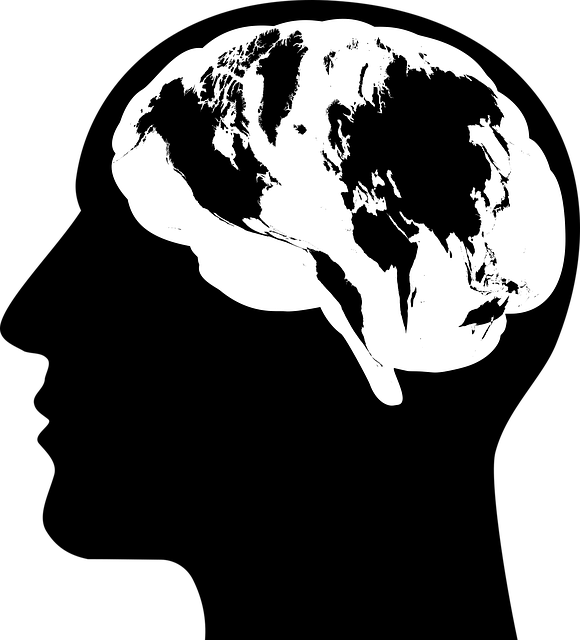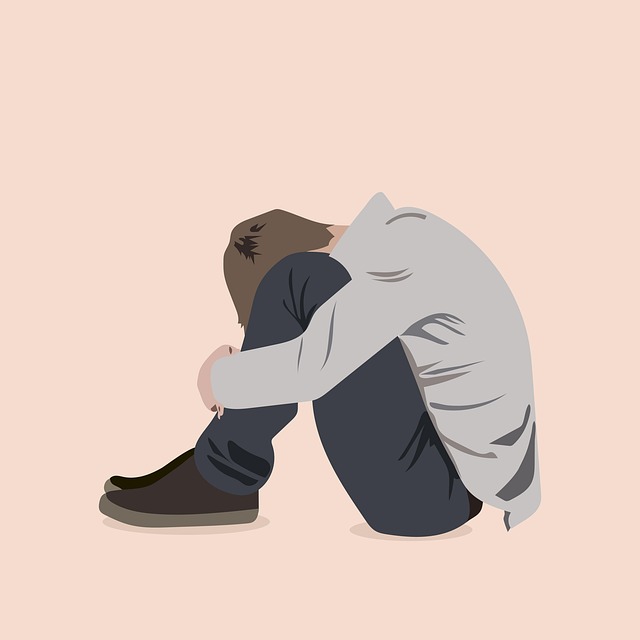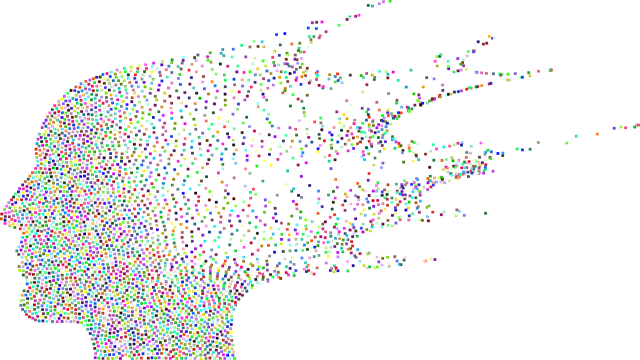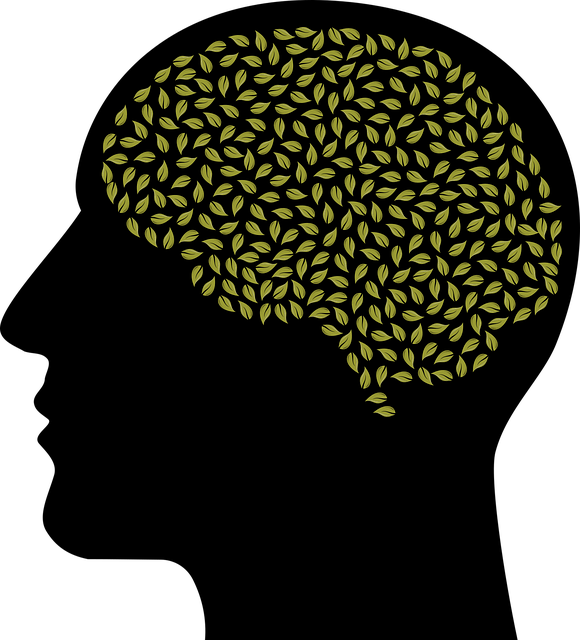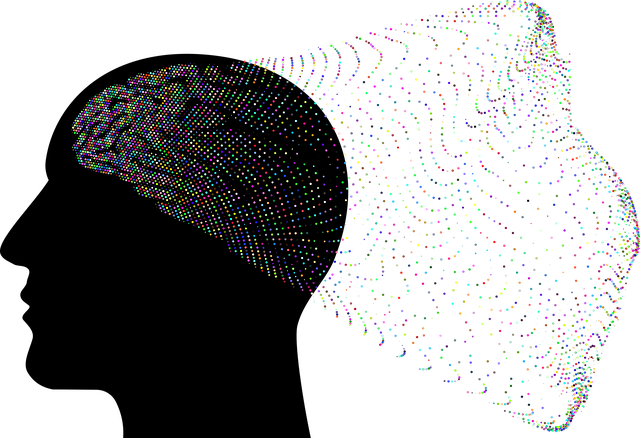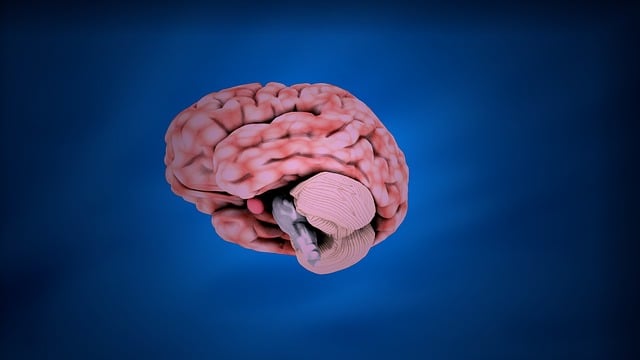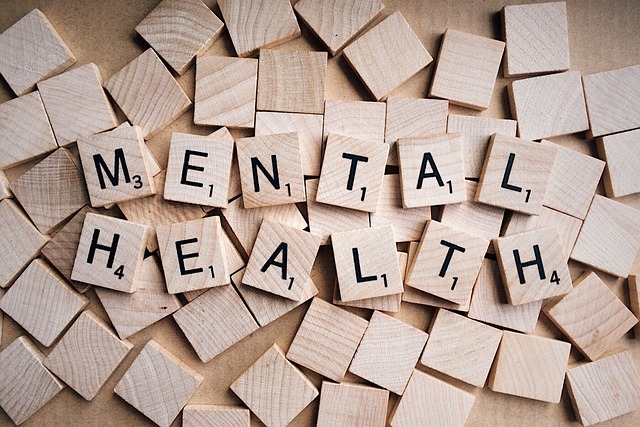Mental wellness apps, increasingly popular due to heightened mental health awareness and digital therapeutics, offer personalized tools like mindfulness exercises, CBT, and mood tracking. Boulder Somatic Experiencing (BSE) Therapy, focusing on the mind-body connection, is gaining traction through app integration. These apps provide trauma resolution and inner strength cultivation methods, accessible on-the-go with interactive somatic exercises. A comprehensive mental health app should include BSE elements, relaxation techniques, personalized meditation plans, progress tracking, educational resources, and connections to healthcare providers. The booming mental wellness app market reflects the growing demand for accessible therapy options, with user feedback guiding development and the integration of innovative therapies like BSE.
Mental wellness apps have emerged as powerful tools, gaining immense popularity as people seek digital solutions for their mental health. This article explores the growing trend of these applications, focusing on how Boulder Somatic Experiencing (BSE) Therapy can be seamlessly integrated into digital platforms to enhance therapeutic outcomes. We delve into key features, analyze market trends, and discuss user feedback to provide insights into the future of mental wellness app development, ensuring comprehensive support for users’ mental health journeys.
- Understanding Mental Wellness Apps and Their Rise in Popularity
- Integrating Boulder Somatic Experiencing (BSE) Therapy into Digital Platforms
- Key Features and Functionality for a Comprehensive Mental Health App
- Market Analysis, User Feedback, and Future Trends in App Development
Understanding Mental Wellness Apps and Their Rise in Popularity

Mental wellness apps have emerged as a significant part of our digital landscape, offering accessible and personalized support for individuals seeking to improve their mental health. These applications provide various tools and resources, such as mindfulness exercises, meditation techniques, cognitive-behavioral therapy (CBT) strategies, and mood tracking features, all designed to enhance users’ overall well-being. The rise in popularity of mental wellness apps can be attributed to several factors, including increased awareness about mental health, the growing acceptance of digital therapeutics, and the convenience these apps offer in terms of accessibility and confidentiality.
One specific type of therapy gaining traction is Boulder Somatic Experiencing Therapy (SE), which focuses on the mind-body connection. This approach combines traditional therapy techniques with somatic practices to address trauma and promote healing. By integrating evidence-based practices like SE into app development, creators can cater to a diverse user base seeking innovative ways to manage their mental health. Additionally, features related to risk management planning for mental health professionals and social skills training can further enhance the effectiveness of these apps, ensuring comprehensive support for users’ mental wellness journeys.
Integrating Boulder Somatic Experiencing (BSE) Therapy into Digital Platforms

Integrating Boulder Somatic Experiencing (BSE) Therapy into digital platforms is a promising evolution in mental wellness app development. BSE therapy, known for its effectiveness in cultivating inner strength and trauma resolution, can be adapted to reach a wider audience through innovative technology. By incorporating elements of this therapy into apps, users gain access to compassion cultivation practices and mindfulness exercises tailored to their unique needs, promoting mental wellness on-the-go.
Digital platforms offer a convenient and accessible space for individuals seeking support in building resilience and managing stress. Incorporating BSE techniques allows these apps to provide personalized experiences that go beyond traditional therapy sessions. Through interactive features, users can engage with somatic exercises designed to unlock emotional regulation skills, fostering a deeper connection with their inner strength. This integration ensures that mental wellness becomes an integral part of daily routines, making it more sustainable and impactful for those seeking holistic well-being.
Key Features and Functionality for a Comprehensive Mental Health App

A comprehensive mental health app should incorporate a diverse range of key features to effectively support users’ well-being. One such evidence-based approach is incorporating elements of Boulder Somatic Experiencing Therapy (BSET), which focuses on bodily sensations and emotional release. The app can guide users through relaxation techniques, mindfulness exercises, and trauma-informed practices, helping them develop a deeper understanding of their bodies and emotions. Features like personalized meditation plans, tracking progress over time, and integrating feedback loops allow for a tailored experience that caters to individual needs.
Additionally, the app should prioritize user engagement and interaction. This includes offering educational resources on mental health topics, providing tools for self-reflection, and facilitating connections with a network of healthcare providers. Incorporating features like live chat or virtual support groups enhances accessibility to care, while integrating cultural competency training ensures the app caters to diverse user backgrounds. Trauma support services, such as crisis chat or guided processing exercises, are also crucial components that address specific mental health challenges, promoting positive thinking and overall resilience.
Market Analysis, User Feedback, and Future Trends in App Development

The mental wellness app market is experiencing rapid growth, driven by increasing demand for accessible and personalized therapy options. Applications offering tools for stress management, anxiety relief, and trauma support services have gained significant traction in recent years. One notable trend is the integration of innovative therapies like Boulder Somatic Experiencing (BSE) into digital platforms, expanding the reach of these effective treatment modalities.
User feedback plays a pivotal role in shaping the future of mental wellness apps. Positive reviews highlight the benefits of app-based therapy for improving mental health and reducing the stigma associated with seeking professional help. As users share their experiences, developers can identify key features and functionalities that resonate most, guiding future trends in app development. For instance, many users appreciate personalized plans, interactive exercises, and discrete access to support services, prompting creators to incorporate these elements into upcoming versions. Additionally, the evolving landscape suggests a growing emphasis on integrating evidence-based practices, such as BSE, to cater to diverse mental health needs and preferences.
The development of mental wellness apps, driven by the growing demand for accessible and personalized therapy, presents a promising avenue for enhancing mental health support. Integrating innovative approaches like Boulder Somatic Experiencing (BSE) Therapy into digital platforms offers users unique, effective tools. As market trends indicate a continued rise in app usage, developers must focus on creating comprehensive applications that prioritize user experience, privacy, and evidence-based practices. By combining advanced technology with therapeutic techniques, mental wellness apps have the potential to revolutionize access to care, providing folks with an accessible and supportive digital sanctuary for their mental health journey.

